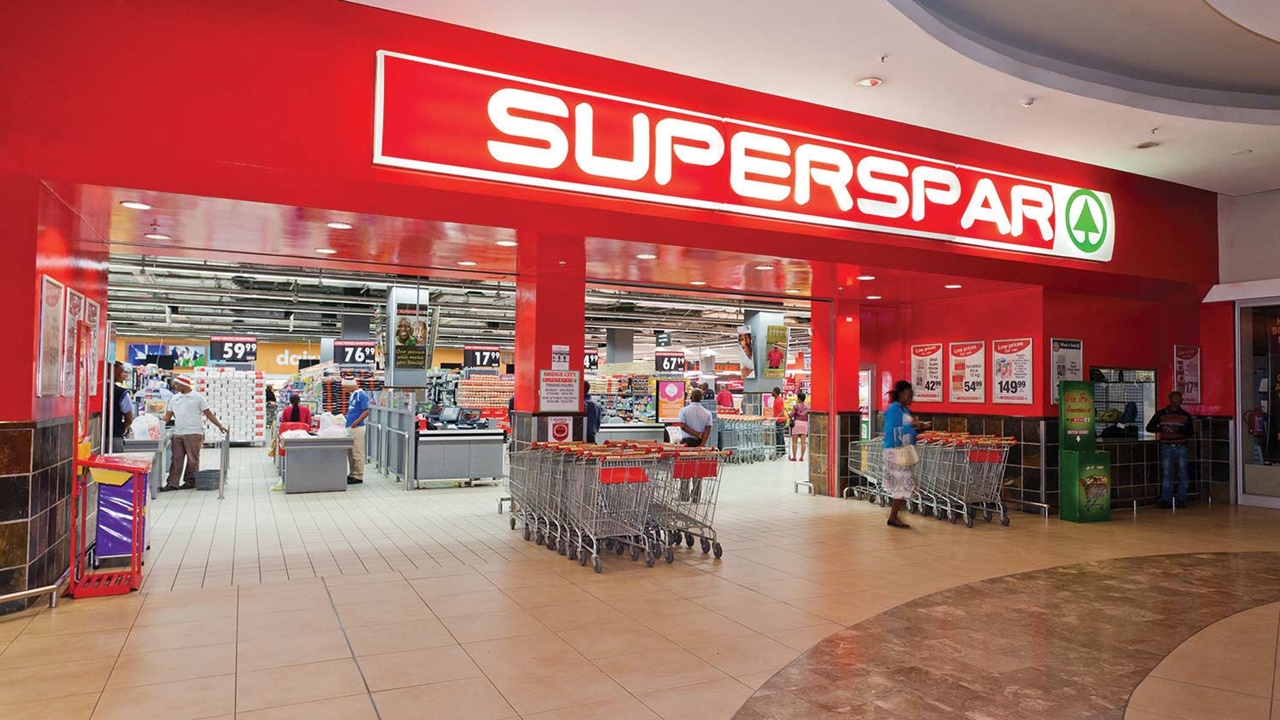- Loadshedding has customers spending less and Spar Group spending more on keeping the lights on.
- Build it saw turnover declines after a slowdown in the building sector brought about by loadshedding.
- A bungled ERP IT system deployment also cost the group more than anticipated.
Since 1963, Spar has had a presence in South Africa’s retail sector. Since then the group – which has its roots in the Netherlands – has grown to include Build it, Tops at Spar, KwikSpar, SuperSpar and Savemor. According to the Spar Group’s website, the local entity, Spar South Africa is the only listed Spar entity globally since it listed on the Johannesburg Stock Exchange in 2004.
Today Spar South Africa released its financial results for the six months ending 31st March and operating profit if down 17.5 percent from R1.8 billion during the same period in 2022 to R1.5 billion this year.
One of the reasons for this decline in profit for the period was down to loadshedding. Back in May the group said that its retailers had “experienced a significant increase in operating costs, primarily driven by the increased cost of diesel required to run generators during the higher levels of loadshedding, coupled with higher repairs and maintenance costs, and product wastage, as generators occasionally fail under extended periods of usage.”
The group itself said that the costs for diesel it had incurred had more than tripled compared to a year ago.
However, Spar Group also says that consumers are spending less because of loadshedding. This makes sense as according to data collected by The Outlier, Spar is among the most expensive grocery retailers in South Africa.
The final consequence of loadshedding highlighted by the group is a decline in turnover from Build it. The slowdown is attributed to the building sector where the manufacture of building materials has been hampered by power cuts.
Loadshedding wasn’t the only reason for lower profits. The retailer attempted to launch a new ERP IT System from SAP. This launch didn’t go well and resulted in lost sales and increased IT costs. The problematic launch was contained to the distribution centre in KwaZulu-Natal, but it seems to have had an immensely negative effect on the business.
The group also mentioned its on demand shopping platform, Spar2U which is available at 234 sites as of the end of March. That does only represent roughly 11 percent of all of Spar’s retailers which after a year of availability is commendable but given the competition in the space, efforts should really be ramped up.
Much like Telkom and MultiChoice, Spar Group won’t be paying shareholders a dividend for the period ended 31st March.
“The board will revisit this decision going forward, taking into consideration the prevailing macro and operating conditions at the time. Returning capital to shareholders in the form of dividends and responsible capital allocation remains a priority for the board,” the group said.
Local businesses continue to suffer at the hands of government and its failures as regards Eskom. Even stalwarts such as Spar aren’t immune to the effects and one has to wonder how these negative impacts will affect the landscape as power cuts wear on.

